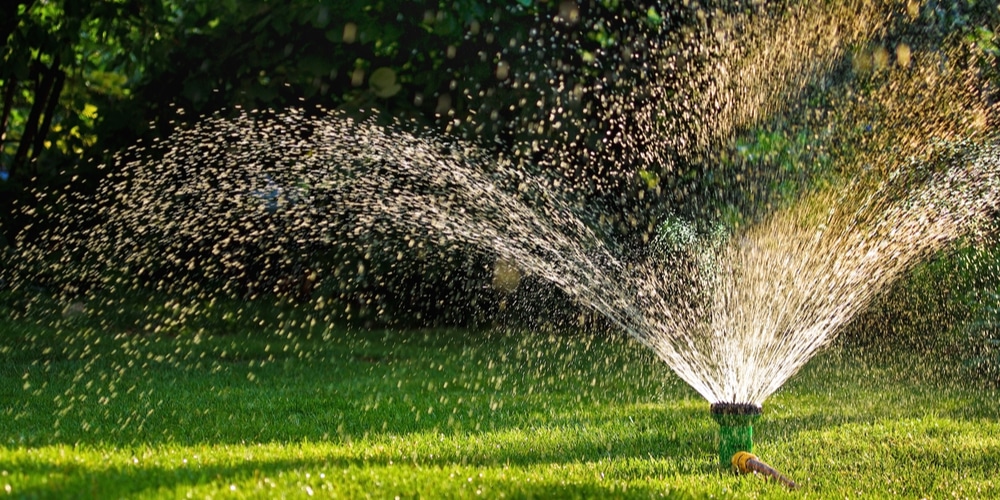Will the grass survive if the weather is extremely cold and there’s no chance of rain? If you water grass in winter, will it turn brown, die or turn into a mushy mess under your feet?
There are always different opinions on keeping your yard well hydrated, even in the winter months. Some people say that during winter, watering can cause more damage than good. However, this is not always true. Whether or not your grass needs water will depend on where you live and several other factors. Most people don’t need to water their lawns in the winter as there is enough rain. In warmer climates watering once a month may be necessary. Let’s look at whether you need to water your lawn in the winter months.
Do you need to Water Grass in Winter?
Some types of turf require less watering during summer but may need extra water in winter. Warm-season grasses become dormant during the winter and will turn brown. This period of dormancy will help your lawn survive winter weather. You don’t need to water warm-season grass in the winter if you live in an area that gets plenty of rainfall. The grass isn’t turning brown because it hasn’t had enough water; this is a natural response. Examples of warm-season grasses include Bahia, Bermuda, Buffalo grass, carpet grass, centipede grass, Zoysia, and St. Augustine.
Each season has its own peculiarities when it comes to watering your lawn. Several things affect hydration levels in your yard. Here are some tips to help you decide whether your lawn needs to be watered in the winter:
Temperature
One of the most significant factors in winter weather is temperature. Cold, freezing temperatures cause moisture in the soil to lock up tightly, making water unavailable for plants’ use until the spring thaw arrives. You shouldn’t water your grass in winter if there’s any chance there’ll be a freeze in the next few days.
Precipitation
If you live in a warmer location with little chance of rain during the winter months, irrigation is necessary for grass and plants to survive. Some grasses can handle dry weather much better than others. You may need to water your lawn in winter if rainfall is scarce or inconsistent.
Sun exposure
The amount of sunlight your yard receives also affects how frequently you need to water your lawn. If you live in a sunny place, your irrigation needs are likely higher than in places that get little winter sun.
Prevailing wind
Depending on where you live, the prevailing winds can also play a crucial role in watering grass. Winds tend to dry out soil faster, so if there is no rain during the winter months, watering might become necessary several times per week.
Soil type
The kind of soil you have will affect how often you need to water your lawn as well—clay absorbs water much slower than sand or loam does.
Watering Grass in the Winter
If you’ve decided that your lawn would benefit from some water during the winter, you can follow these tips to get the best results.
Water in the morning
If possible, water your lawn in the early hours of the day when temperatures are milder than during the afternoon. Winds may also cause soil to dry out, so water after windy days with no rainfall.
Sufficient depth
To ensure that roots get enough hydration, don’t let the topsoil dry out before watering your grass again. A good depth of coverage is about ½ inch each time your lawn is watered.
Having healthy soil
Another way to help your grass survive during winter without having to water too much is to keep its root system healthy and intact. You’ll need to fertilize your lawn regularly throughout the growing season and apply necessary amendments such as compost and aeration to improve the soil structure.
Conclusion
If you’re unsure whether your grass needs to be watered in the winter, you can check with a professional lawn company. It would help if you kept in mind that brown spots are more likely to appear on your grass if there is no rainfall during winter months.
It’s also worth noting that warm-season grasses naturally turn brown during the winter. This is expected as the grass goes dormant and isn’t due to a lack of water.
